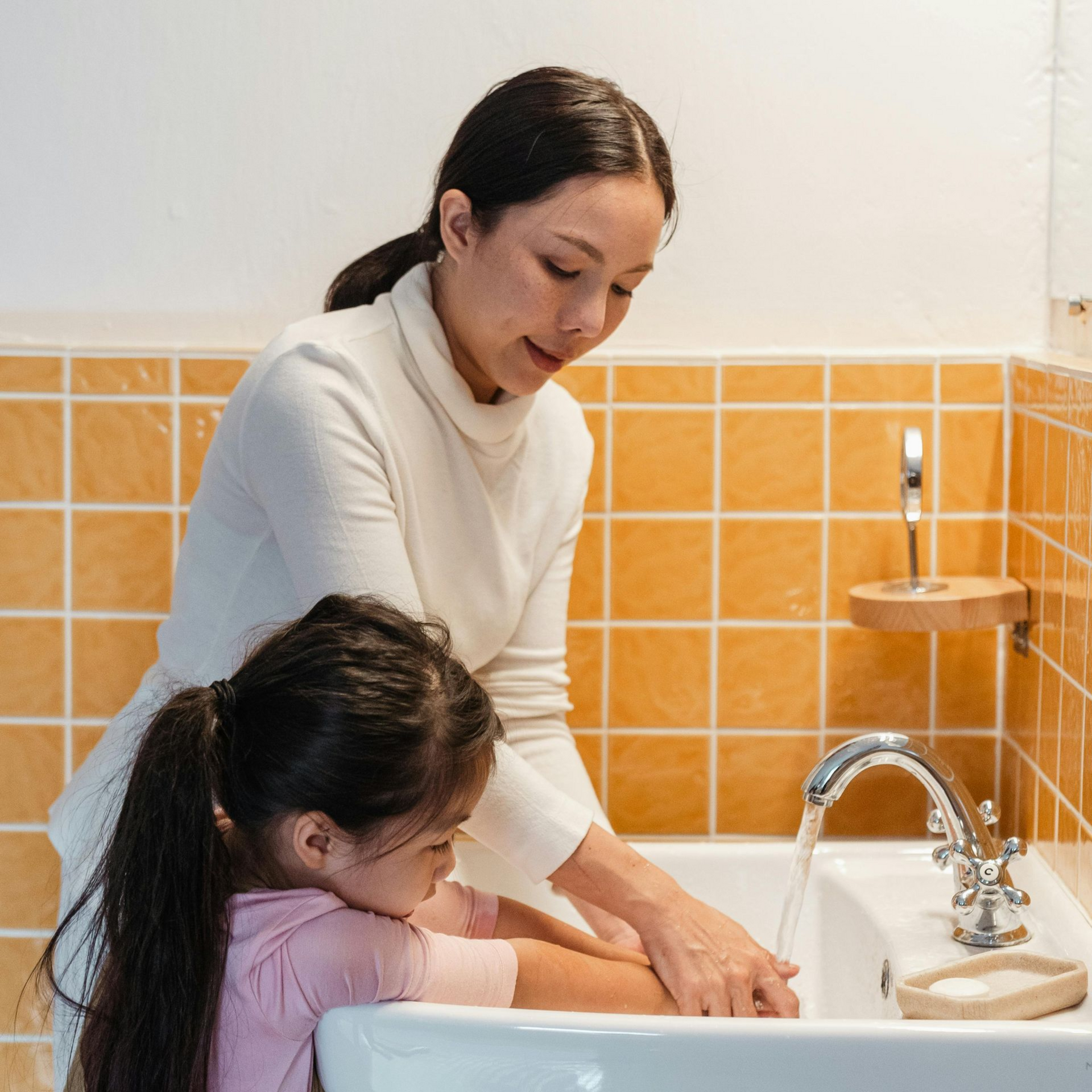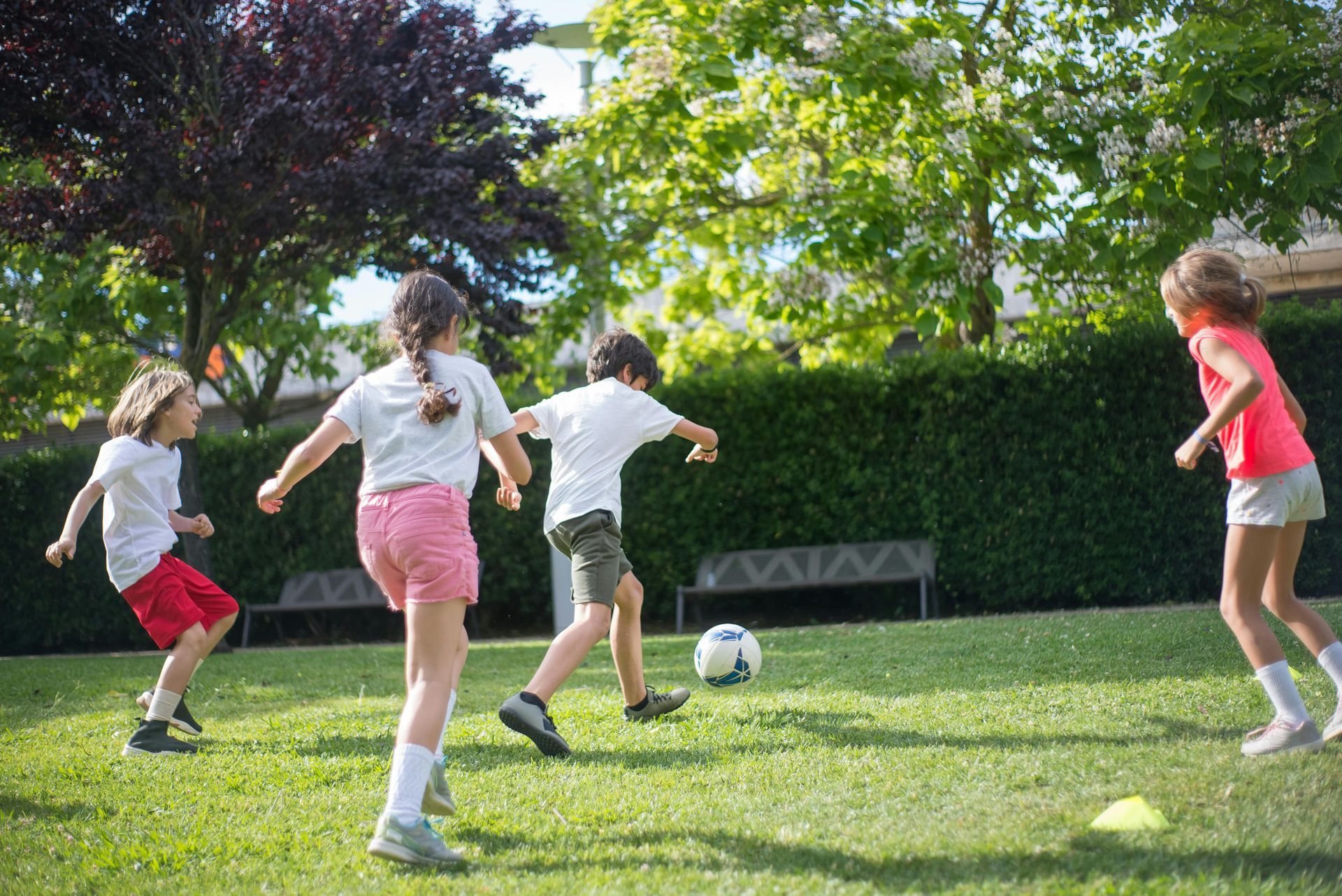Common Misconceptions About ABA
Every parent or caregiver wants to make an informed decision for their child. When searching for more information about ABA services it can be daunting to read about all the positive and negative experiences those who have received services have had. Vilij ABA is a neurodiverse affirming practice and while we can't speak to how others practice ABA, we can share how we operate. ABA therapy has evolved over the last six decades and some misconceptions continue to linger. Here are our top 5 misconceptions of ABA.
ABA can only be used with young children diagnosed with Autism Spectrum Disorder (ASD).
- ABA can be used with anyone, for any age range, and any individual with neurotypical or neurodiverse needs. ABA include the evidence, science, and data-driven based principles that seek to monitor and measure behavior, understand the underlying reasons, and develop approaches for learning change. Using these principles, ABA can be used for a variety of different reasons. Some examples include: increasing your frequency/duration of working out, decreasing eating unhealthy foods, increasing appropriate ways to request/gain attention.
ABA can only be used with children with severe behavioral concerns.
- ABA can be helpful in decreasing some behavioral concerns or challenging behaviors, that is true. These can include self-injurious behaviors (SIB), elopement, tantrum. However, ABA can be used for so many more reasons other than decreasing inappropriate behaviors, both to increase and decrease behaviors. For example, if a young adult is having a difficult time remembering to pack his/her backpack the night before school, ABA can be used to increase his/her appropriate behavior of packing the backpack. If a student is having a difficult time using his/her words to communicate, ABA principles can be applied to increase his/her functional communication. ABA is a collaborative therapy, meaning collaborative efforts should be made with any other therapies the child/adult are enrolled in. When done appropriately there is synergy between all therapy a child and family receives. This results in support with consistency, generalization, and maintenance of skills!
ABA only uses "table work” and drills kids to rote memorize skills for hours at a time.
- Meaningful treatment plans should be individualized and goals should be collaboratively communicated with the parents. Goals being worked on should be functional to the students skill level and age. While it may be beneficial for some students to work on increasing their attending skills, it may not mean that the entire duration of services per day may be dedicated to this. Doing anything for hours at a time without rest and play doesn't make for a meaningful session or allow for growth. Play based therapy is also an excellent tool to measure behavior, take data, but also ensure that a child is engaged and actively enjoying their sessions.
ABA uses bribes with children.
- ABA uses positive reinforcement based practices to increase the likelihood of future instances of appropriate behaviors (e.g., appropriate requests). Clear and objective rules are designed for these practices. Reinforcement practices are different from bribes. Bribes use negotiation with a student prior to that student engaging in a behavior (e.g., if you do this, I’ll give you this). Some ways reinforcement practices may be used include: token board, stickers. It should be noted that as the student gains independence in skills, a fade should be implemented so naturally occurring social reinforcement and praise can be utilized. The goal with ABA services is graduation to the point where your child or family has made growth where ABA services are no longer clinically recommended.
ABA does not respect a child's autonomy or personhood.
- A student's emotions, likes, and dislikes should always be considered within ABA practices. As a neurodiverse affirming practice Vilij ABA places importance on listening to both parents as well as the child for routine ongoing programming and when working on functional communication skills. Programming for students should always respect the students' individuality and autonomy. ABA does not and should not mask the behavior. Instead ABA uses interventions based on the function on the behavior to help with independence. This can include replacement behaviors.
ABA is one the most researched and effective forms of therapy for those with ASD. When researching ABA, our suggestion is to ask questions. As parents and individuals, we want to make sure we’re making the right decision and no stone/question should go unturned. The more you know, the better you’ll understand the ins and outs of ABA. Research shows that ABA can improve social skills, communication skills, adaptive behavior, and overall well-being and quality of life.
If you have any questions or would like to find out how we can work together in your area of need, please contact us. Our team will be happy to answer all of your questions.
Accountability | Integrity | Empathy | Collaboration










